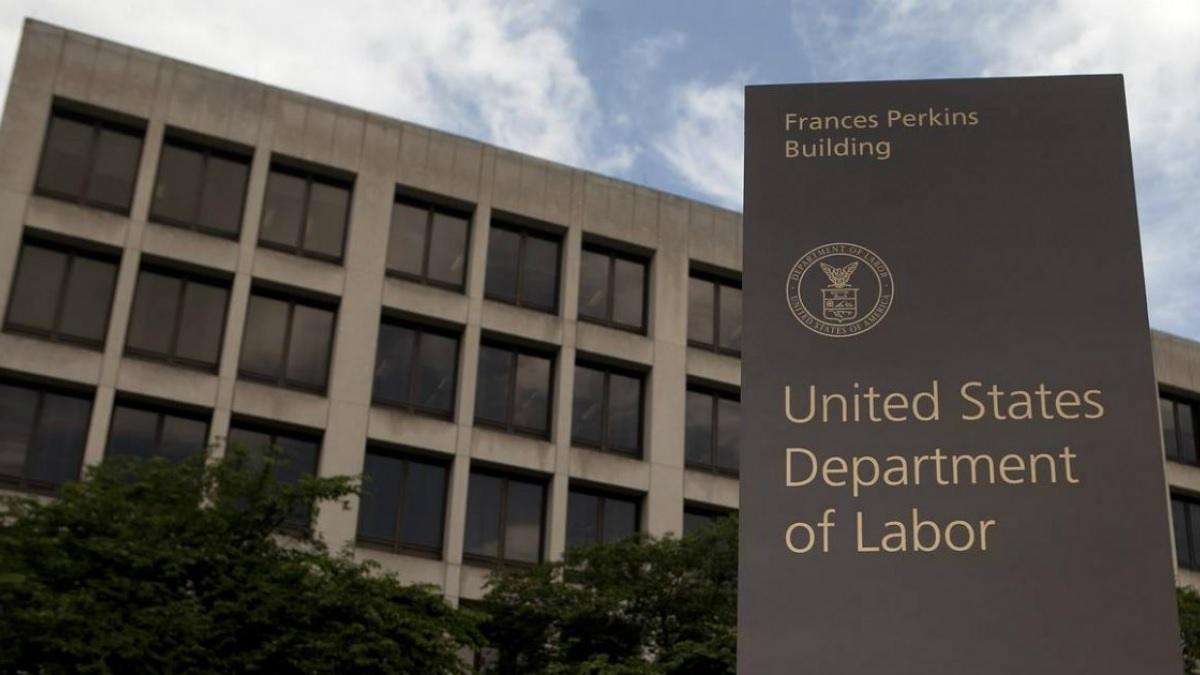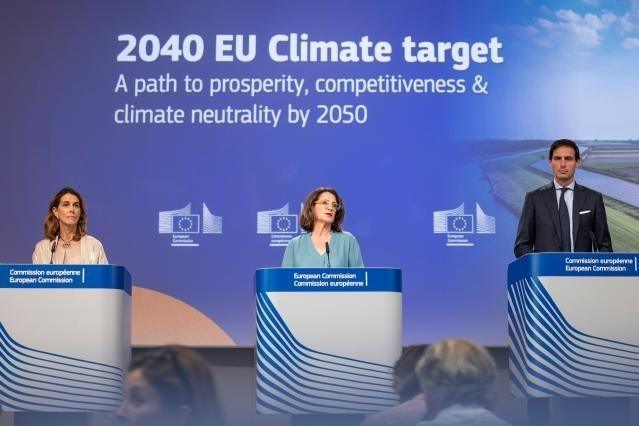DOL Allows Climate and ESG Investing in Retirement Plans
The U.S. Department of Labor (DOL) announced on Tuesday the release of a final rule allowing for the consideration of climate and ESG factors in private employer-sponsored retirement plans (ERISA), marking a major reversal of Trump-era rules aimed at blocking the integration of these factors in the investment process.
The new rules will also allow climate and ESG factors to be considered by fiduciaries when exercising shareholder rights, such as in proxy voting.
U.S. Secretary of Labor Marty Walsh said:
“Today’s rule clarifies that retirement plan fiduciaries can take into account the potential financial benefits of investing in companies committed to positive environmental, social and governance actions as they help plan participants make the most of their retirement benefits. Removing the prior administration’s restrictions on plan fiduciaries will help America’s workers and their families as they save for a secure retirement.”
In June 2020, the Trump adminisatration DOL announced a proposed rule that effectively would put strict limits on ESG investing in ERISA plans. Despite significant pushback from investors and other sustainability-focused groups blasting the proposal as outdated and counterproductive, it was finalized by the DOL later that year. In a further blow to ESG-focused investors, the DOL also issued rules regarding proxy voting, impacting the ability of investment managers to promote sustainability goals through their investments, and suggesting that proxy voting on ESG issues is not in the interests of investors.
In May 2021, President Biden directed the Department of Labor to consider reversing Trump-era rules, as part of an executive order directing federal government agencies to implement policies to act to mitigate climate-related financial risk and help safeguard investors’ savings and pensions from these risks.
While allowing the integration of ESG factors, the new rule adds text clarifying that considerations “must be based on factors that the fiduciary reasonably determines are relevant to a risk and return analysis,” such as the economic effects of climate change or other ESG factors on an investment.
According to Lisa Gomez, DOL Assistant Secretary for Employee Benefits Security, the new rule will remove “needless barriers” and end “the chilling effect created by the prior administration on considering environmental, social and governance factors in investments.”
Gomez added:
“Climate change and other environmental, social and governance factors can be useful for plan investors as they make decisions about how to best grow and protect the retirement savings of America’s workers.”
Sustainable investment-focused groups cheered the DOL’s new rules. In a statement following the ruling, Greg Hershman, Head of US Policy at the Principles for Responsible Investment (PRI), said:
“The PRI welcomes this final rulemaking from the DOL that seeks to provide much needed clarity for private pension managers as they look to fulfill their fiduciary duties and support the investment goals of their beneficiaries. The new rule, which reverses a 2020 rule that was finalized despite overwhelming opposition, removes barriers that hindered managers’ consideration of climate risk and other ESG factors when making investment decisions and exercising shareholder rights. Reducing confusion and providing certainty to ERISA plans that seek to incorporate ESG considerations in their investment decisions will allow market participants to keep pace with evolving global investor practices and respond to a rapidly changing market.”





